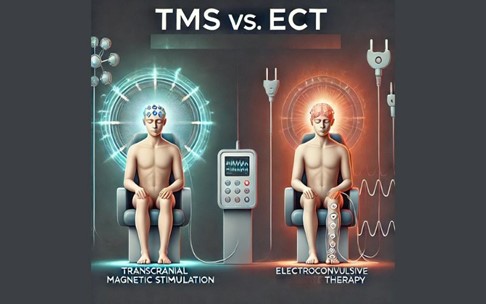If you are supporting a loved one who is about to go through Scenic City Neurotherapy’s treatment process, there are a few things you might want to know:
1. We love to educate and questions are welcome! Education on neurotherapies, how they work, and why they work is imperative for the success of the patient. The support person needs to be informed as well. The patient will feel the need to talk things through after consultation or treatment. With two or more sets of ears taking in information and education, the whole team is better equipped to support the patient throughout the treatment process.
2. Comfort is key. At Scenic City Neurotherapy, safety and efficacy are priority number one, but comfort is a close second. As board certified anesthesia professionals, we understand best how to manage the comfort of patients undergoing anesthesia. This is the case with Ketamine Infusion Therapy. Since the patient is essentially inebriated and quite suggestible, it is important to minimize external stimulation. Noises, lights, and even pleasant conversation can feel overwhelming quickly for a patient who is under the influence. Most patients prefer to be alone. Some prefer to have a support person act as a “hand holder” in the room. In this case, we spend time educating, monitoring, and supporting both the patient and the support person on how to optimize comfort during the treatment process. Patients are encouraged to bring blankets, pillows, and wear comfortable clothing to enhance his or her experience. This treatment is about the patient so we optimize the patient’s process to meet individual needs.
3. Environment outside of the clinic needs to reflect security and comfort. Not a time to take on new challenges. Ketamine Infusion Therapy and Transcranial Magnetic Stimulation stimulate new neuronal regrowth. We are growing and enhancing brain cells. Avoid depressants like alcohol or marijuana. Do NOT make any medication changes during the stabilization phase of treatment. Daily oral antidepressant weaning occurs once improvement is made and under the supervision of your prescribing physician. Avoid conflicts when possible. Minimize variables that will affect mood changes so we can better establish which changes are a result of the neuro-regeneration.
4. Manage logistics well. Make sure that paperwork, payment, drivers, and schedules are sorted out before beginning the stabilization process. We want you to focus on getting well, and not get stuck in the details. After a ketamine infusion, make sure the patient remains hydrated, fed and gets plenty of rest. Most patients only need a couple of hours of downtime after an infusion. Others might need to take it easy the rest of the day. Don’t overschedule the day. With TMS, the patient can resume normal activity immediately.
5. It is all about the patient. The improvement seen with Ketamine Infusion Therapy and TMS therapy manifests differently for each patient. Be prepared for them to respond differently to different stressors or situations. The patient is the priority. While we do not need to avoid all stressors, stressors should be kept at a normal level. Do your best to pay attention to the patient’s spoken and unspoken needs. Be encouraging. Be someone with whom they can talk to about their process and remind them to talk to the provider should they have any questions.











